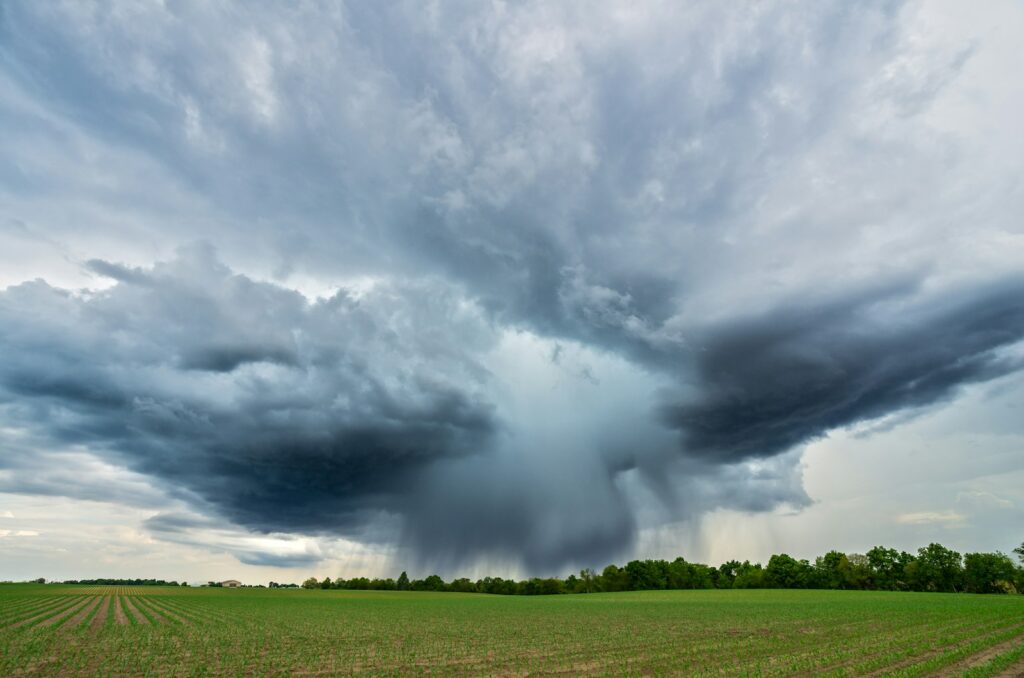
York, ON – This summer’s wildfire devastation in the town of Jasper was perhaps the most high-profile reminder yet of the sobering reality facing our nation: natural disasters caused by climate change are only going to get more numerous and more severe.
Canada is warming twice as fast as the global average, and with more than a quarter of the world’s boreal forests, the physical and psychological damages from summer wildfires are touching the lives of more and more of us. Last year, fires destroyed 16.5 million hectares, doubling the previous record.
The need to increase response capacity for these and other types of disasters is obvious. This month, York University made a huge contribution to that pressing need with the opening of the Victor Phillip Dadhaleh Advanced Disaster Emergency and Rapid Response Simulation (ADERSIM) Lab.
The Lab is designed to act as an Emergency Operations Centre. The facility is equipped to manage, coordinate, and act as a hub for supporting large-scale emergency operations. Along with its real-world capabilities, the Lab will serve as a research and training facility, allowing first responders, governmental organizations, and students to simulate and evaluate rapid emergency response strategies. It will allow researchers to conduct research, train, simulate, as well as evaluate rapid eme
Philanthropist and York alumnus Victor Dahdaleh and his wife Mona donated $2 million through The Victor Dahdaleh Foundation towards construction, equipment, and operating costs for the lab’s EOC. In addition, the Ontario Research Fund (ORF) through the Ministry of Colleges and Universities contributed $1.45 million in initial funding.
“The generous donation by The Victor Dahdaleh Foundation and funding from the Ontario Research Fund will allow York to make a positive difference in disaster and emergency planning not only in Ontario but throughout Canada and around the world,” says Rhonda Lenton, president and vice-chancellor of York University. “I want to thank Victor and Mona Dahdaleh and the government of Ontario for supporting York in its mission to advance the UN Sustainable Development Goals in ways that serve our local and global communities.”
The ADERSIM Lab becomes the only multifunctional EOC for research, training, and operations at a university in Canada. It will be a vital component of our nation’s ability to develop emergency management tools and technologies, as well as acting as a much-needed primary or support EOC during emergencies.
“We are celebrating a new facility with cutting-edge equipment. With our recent global experience of the COVID pandemic and now with more extreme weather events because of climate change, we know that disasters and emergencies are a fact of life, and they will become more frequent and perhaps even more severe,” says Victor Dahdaleh. “The centre is a national and global network. The research you will do here will be good for Ontario, Canada, and the world.”
With the scale and scope of disasters constantly evolving, the ADERSIM Lab will help in providing critical predictive and decision-making tools to emergency managers through modeling and rapid response simulations. Using a combination of extended reality and artificial intelligence, these simulations will provide much-needed training for responses both during and after emergencies.
“We are observing more and more emergencies that require activation of EOCs,” says Ali Asgary, executive director of ADERSIM and professor of disaster and emergency management in the Faculty of Liberal Arts and Professional Studies. “This means that we need to be able to develop more tools and technologies to support the EOCs, train more students and professionals to use these tools, and learn how EOCs function and operate. More importantly through our research, our EOC can provide support to other activated EOCs in Canada and globally as needed.”
The Lab is capable of offering mapping and visualization to support emergency logistics and transportation needs. When emergencies occur, the EOC will conduct field research to collect data and information as the events unfold.
These kinds of public-private partnerships are essential for meeting the challenges posed by climate change. York University, along with the Dahdaleh Foundation and the Ontario Research Fund, is to be commended for this new contribution to the nation’s emergency response capabilities.












